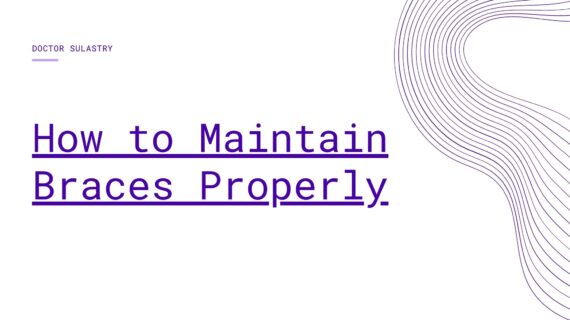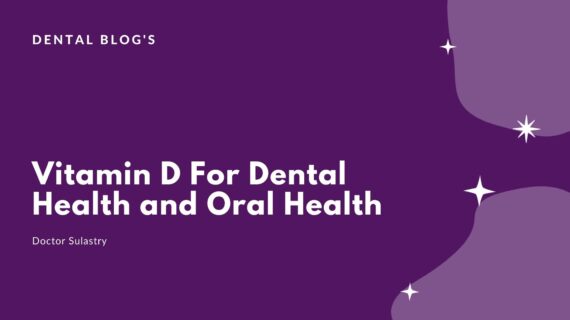How to Maintain Braces – If the condition of your teeth is not aligned or tenuous then you are advised to use braces. Apart from improperly positioned teeth, there are also people who have a unique jaw shape. Such as too forward or too backward in the upper jaw and lower jaw.
The use of these braces can help improve the appearance of your face, especially your mouth and jaw, to make it better. Not only for facial appearance, braces can be placed in every case of your jaw joint pain. Such as difficulty chewing, or having difficulty speaking.
You must wear the braces in the correct position of the teeth. This will improve the ability to chew, speak, and reduce pain in your jaw joints.
Also Read Keep Your Gums Healthy With These Several Tips
And How to Maintain Braces Properly ?
How to care for your braces properly and correctly must cover all aspects. Starting from ensuring the cleanliness of the oral cavity to, regulating food intake, to avoid damage to the teeth with wires attached.
Of course, you also have to go to the dentist regularly. Don’t forget to do the maximum cleaning of your teeth at home. This is the key to treating teeth using braces.
1. Regularly check with your dentist
If you are currently using braces on a permanent basis, routine controls are mandatory. Generally the dentist will suggest a 3 or 4 week control time. It could be shorter or longer depending on the condition of your braces later.
During the examination process, the dentist will perform tooth cleaning, rubber replacement, and wire replacement if needed. The doctor will also reinstall the loose glue bracket, attach additional tools, etc. according to the dental case you have. If you find cavities in your teeth, your teeth will also be filled.
2. Brush your teeth diligently
The standard procedure for maintaining dental health, especially using braces, is to brush your teeth at least twice a day.
For braces users, how to brush their teeth also needs attention. Brushing your teeth too hard, for example, can lead to tooth enamel damage. In addition, there is also a risk of lowering the gums which can make teeth sensitive.
Tooth brushing should be done slowly, carefully, and cover the entire surface of the tooth, not necessarily with hard pressure. Pay special attention to the area between the braces and the gums, as this is usually where a large accumulation of plaque forms, which has the potential to become tartar.
It is highly recommended for stirrup users to use a special toothbrush. This special toothbrush for braces users is able to clean food debris stuck between teeth and braces that cannot be reached by an ordinary toothbrush.
This toothbrush is considered more effective because it cuts into a V-like shape where the center of the bristles is lower than the outer bristles on the side.
3. Use Dental Floss
The American Association of Orthodontists (AAO) recommends brace users to use dental floss to make it easier to remove dirt and plaque between the teeth, gums, and under the orthodontic appliance.
You can use an interproximal brush or what is often called an interdental brush. The device is round and has bristles around it that can reach the bottom of the bracket to remove trapped food debris.
4. Stay away from sticky foods
Drg. Wiena said that “People who don’t use stirrups are not encouraged to eat sticky foods like candy, especially those who already use stirrups. The remaining candy stuck between the stirrups can cause dental infections and cause cavities and erosion of the teeth. As a result, teeth will be more damaged and need more treatment to heal them.”
5. Don’t Eat Hard Food
Apart from being able to damage tooth enamel, hard foods such as ice cubes, hard candy, etc. This can damage your braces. Also avoid chewing hard objects such as pens, pencils, ice cubes, and so on.
Those were some of the ways how to maintain braces that you wear. Make sure to always take good care so that your braces can last a long time.
References

